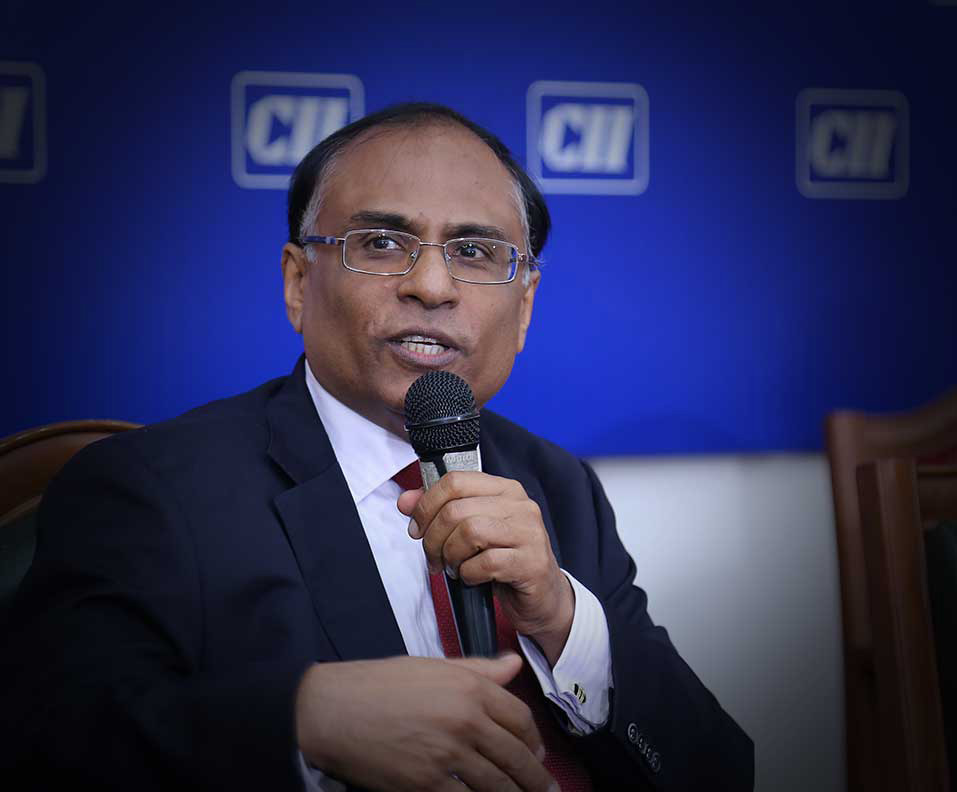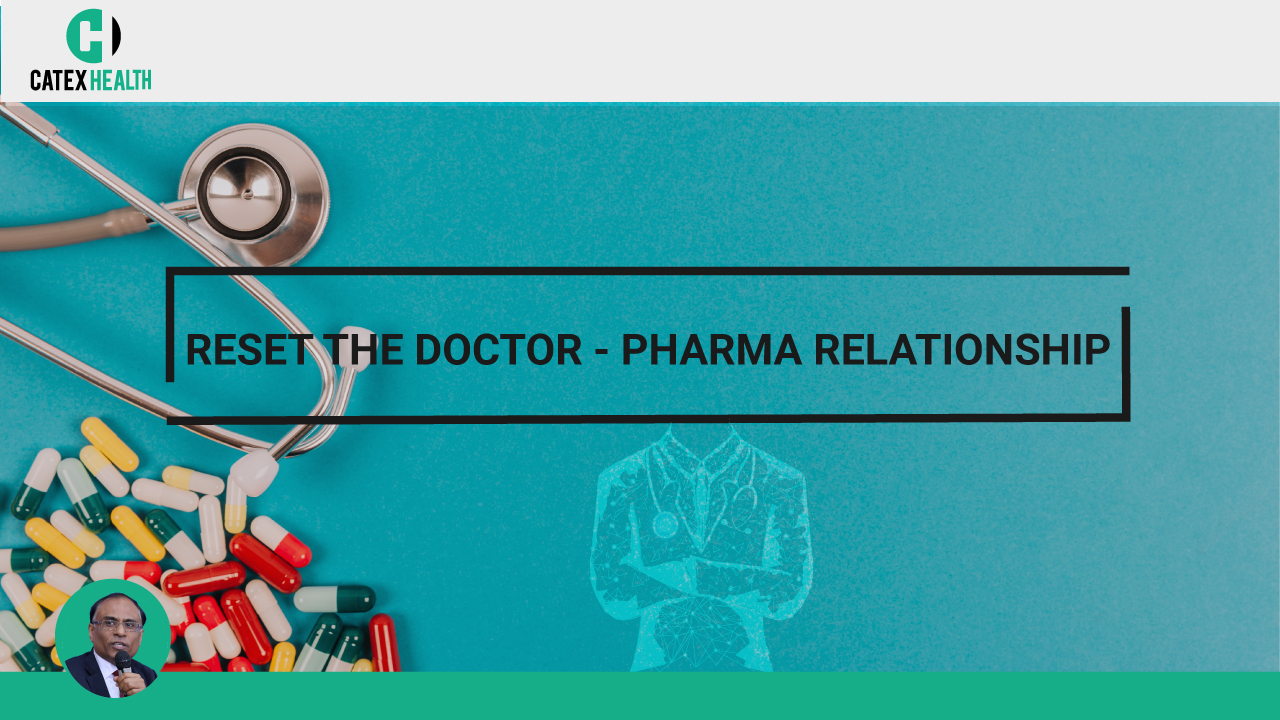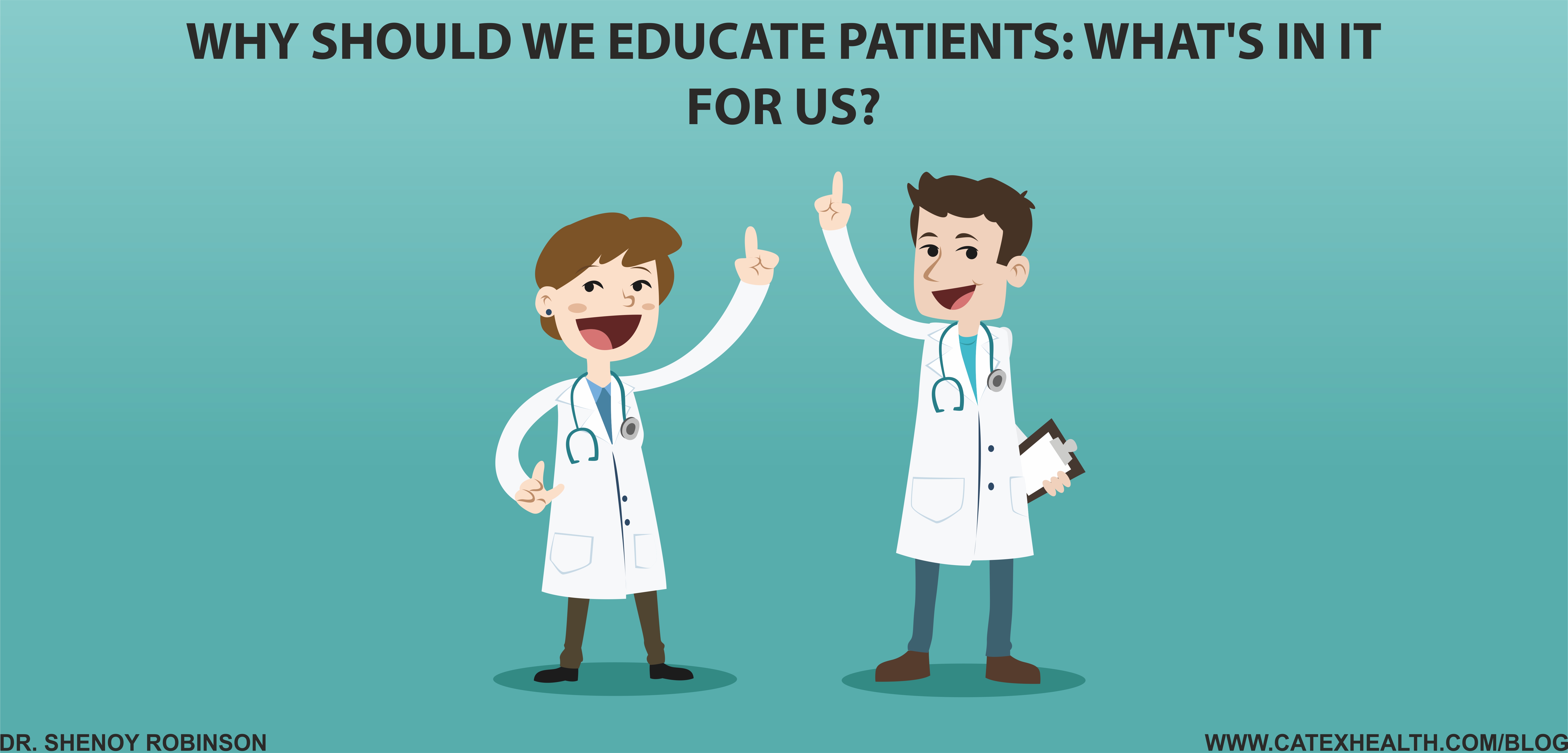Violence against doctors and front-line health workers is a global phenomenon that is now showing an ugly upward trend especially in India. According to a study conducted by the Indian Medical Association (IMA) 3 out of 4 doctors (75%) have been subjected to violence in their careers. These acts of violence range from verbal abuse, threats to physical beatings and even murder.
There has been much anger by the doctor community and a lot of effort has been made to identify the causes that lead to this violence and steps to prevent these. In fact recently while I was speaking at a medical conference during the question and answer session a large number of doctors raised their concern and asked for solutions on how to tackle a mob that is baying for blood.
Based on my more than 30 years of experience ranging from working as a consultant at one of the largest public hospitals in Delhi to the CEO of the largest private sector hospital chains in India my answer
is that there is NO single one-shot solution.
Knee jerk reactions after every such episode is going on strike and asking for more security personnel and are cliched! They are needed but are definitely not solutions.
So, what can be done to ensure that such events are mitigated if not eliminated. A Multi- faceted approach is the answer!
Deterrence:
Strict Implementation of the law with perpetrators getting exemplary punishment is very important. Having a law (Violence against Doctors Act) is not the solution. Prompt action, investigation and trial by a fast track court may go a long way to stop this. Unfortunately, the responsibility for this lies with the Police and Judiciary. The only way to make this happen is for us as a community to maintain sustained pressure on the authorities to act. Additionally, it is important to ensure that evidence is preserved and eye witnesses accounts recorded at the earliest. Unfortunately, after the heat of the moment has dissipated most of us go back to business as usual and hence the crime continues.
Prevention
The key principle for prevention lies in Restoring trust in healthcare. How can we do that?
Here there is a large role that we doctors have to play. We must change our styles of practice and evolve them to be effective in the current environment. Five ideas that may help include:
Build deep doctor patient relationship
Most doctors understand this and unfortunately take it for granted. My patient will never go against me. Are you aware that a dentist was killed in China by an aggrieved patient 27 years after he was treated? DO not take your patients for granted. Start investing in the doctor patient relationship. Provide them what they are looking for: Honesty transparency and empathy are the big ones. We did a survey on what patients are looking for from their treating doctors and are happy to share the result. Please message on face book messenger and we will share the graphic.
Educate and instruct patients

So, when you dear doctor don’t educate them they go to Dr. Google or the nearest quack or their grand mother or causing or the barber… And believe me All of them have an opinion! As the treating doctor they have put their faith in you but you fail to measure up and hence allow third parties to get in the way of your relationship with your patients.
We have created a Patient Engagement Service that enables doctors to do this vital function without expending any time or energy. In case you are interested to learn more about these services please click here.
Set Realistic patient expectations
I quote an FIR lodged recently – “She added that the surgeon informed her on April 14, 2018 that the surgery was successful. However, a couple of hours later, he told her that they had to perform another surgery to address an undetected hole in the valve. Thereafter, he was put on ventilator support and the doctors kept telling her that he was kept in a state of unconsciousness as part of treatment. On the afternoon of April 17, 2018, the hospital staff informed Sunita that her husband’s condition was critical and a few hours later told her that he had passed away.”
Imagine the shock that is delivered to a patient when the doctors suddenly share an adverse outcome. They are not emotionally prepared for bad news. Whose responsibility is it to prepare the patient’s relatives for untoward incidents? This is the second critical thing that doctors are neglecting at their own peril. We do not counsel the patient appropriately because of various reasons which I am not going into here. The consequences are that the patients has unrealistic expectations abut their treatment. Imagine the rude shock that is delivered to the patient and their relatives once they experience the reality that is different from what was conveyed to them or conveniently not revealed. In India most patients believe that if they spend “enough” money they will get “cured”. Who has the responsibility to ensure that the patients and their relatives do not harbour any unrealistic expectations? Patients or doctors or both?
Respect our colleagues
“Which fool was treating you till now? Thank God you have come to me otherwise…” How many of us have heard these words or have used them ourselves? You may be right but how will it help the patient? In our endeavour to appear superior and more knowledgeable we undermine and under cut our poor colleague who had been treating the patient. Do we realise what we just did? We have created doubt in the patient’s mind. He will now look at every doctor with suspicion including yourself. For me it is inexplicable why we doctors continue to compete with each other till the end of our lives. For goodness sake our last competition was the PG entrance! Live in peace
Work with the media
Most doctors believe that the media is hostile to them, which is probably true. So how do we handle this? Each one of us has the responsibility to influence the media and we usually get it wrong. I underwent training on how to handle the media and press conferences. So, let me share a couple of learnings -Facing the media requires serious planning and preparation. You need to make sure that the facts and your narrative is in synch. Secondly use your skill to get them on your side or at best to be neutral. Never antagonize them. Do not be arrogant. Last do not tell untruths. It is best not to comment than tell an untruth!
To conclude there is no single miracle bullet that will solve this problem. I am sure there would be few other things we can do to protect like maintaining records, maintaining good relationships with local policemen, identifying potential trouble makers early etc. Those are discussions for another time.
However, it will require us to change & evolve our medical practices to ensure that they are effective and in line with current environment.
Look forward to hearing other opinions!
In case you are interested to learn more about our revolutionary “Patient Engagement Services” please click here.




